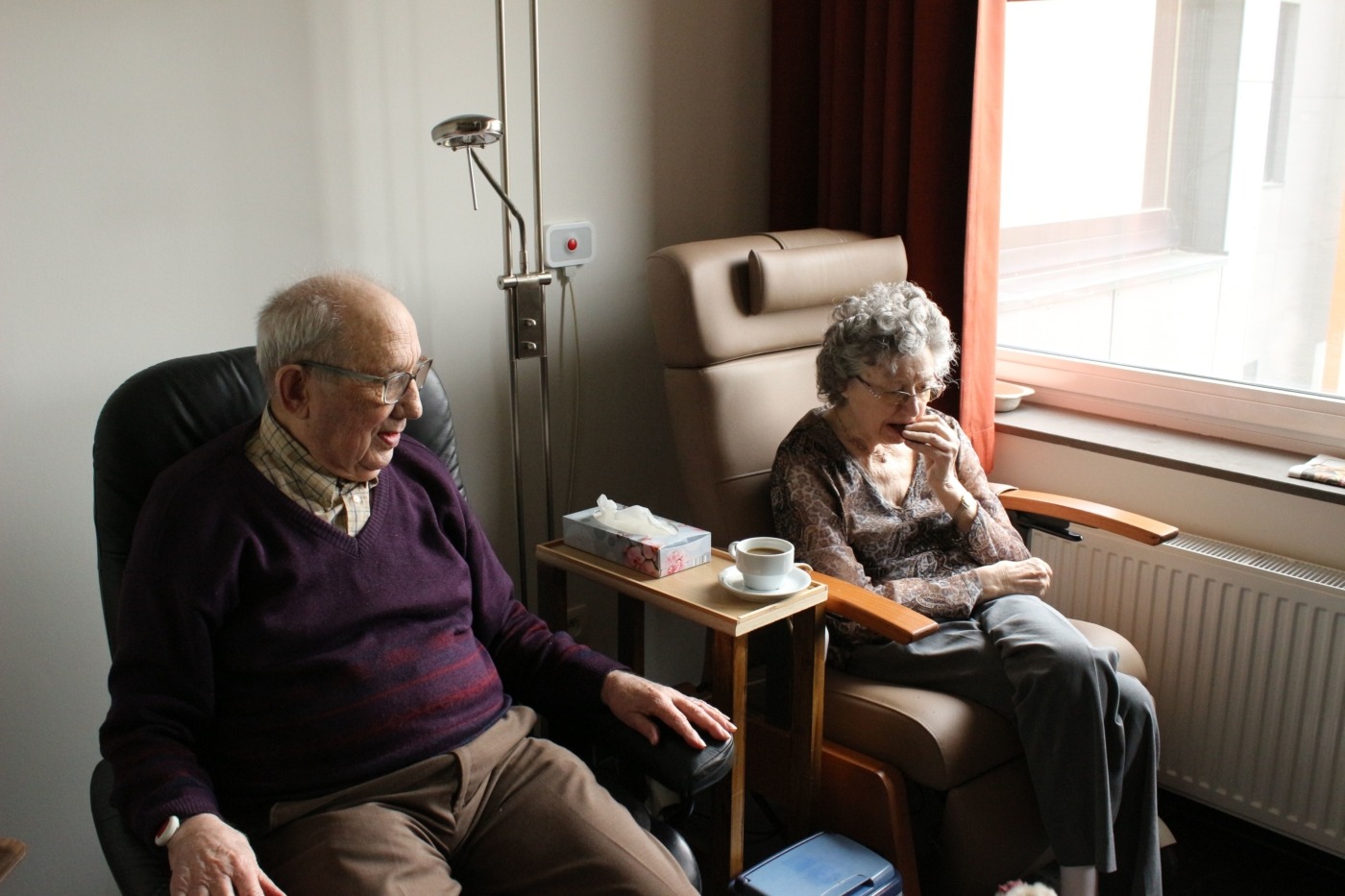Women may live longer, but it’s men who stay healthier longer
Astonishingly, worldwide women on average live seven years longer than men, with 67% of the age 85 population being women. Regardless of this, studies have shown that men on average remain healthy for longer than women, with women experiencing poorer health at older ages than men. This is known as a ‘male-female, health-survival paradox’, but what could cause this?
Scientists from the University of Exeter suggest this distinction in health could be due to the fact that men are able to reproduce for their whole lives, whereas women cannot reproduce following menopause. The menopause refers to the time in a woman’s life when periods stop and ovaries lose their reproductive function as a result of change in hormones. In particular the diminishing release of oestrogen is responsible for the menopause and all of the associated symptoms. Low levels of oestrogen and other changes related to ageing (like gaining weight) can raise the risk of heart disease, stroke, and osteoporosis.
The researchers have found that the male/female difference in late life health is due to ‘shared genes’. They argue that the genes responsible for healthy old men are not good for women, making older females unhealthy. Their experiments in fruit flies support these claims. When flies were selectively bred to produce males that were good at reproducing in later life, it had a detrimental effect on the females’ health.
Scientists from the University of Exeter suggest this distinction in health could be due to the fact that men are able to reproduce for their whole lives, whereas women cannot reproduce following menopause
Alternatively, the research, published in the journal Nature Communications, suggests male broad-horned flour beetles that develop larger mandibles are more likely to reproduce successfully. Daughters of these males with large mandibles, however, are put at a reproductive disadvantage because their genes lead to them having more masculine body shapes. In essence the sexes are in an evolutionary tug of war. Following menopause, females no longer reproduce, passing on their genes. The genes which improve late-life male fitness can accumulate more easily and have more of an effect, harming female fitness.
Overall, the health of older females tends to be worse than the health of males at older ages. Reduction in the hormone oestrogen following menopause is negative for the health of females and the genes which are beneficial for men’s health can be negative for women’s health.

Comments
Comments are closed here.